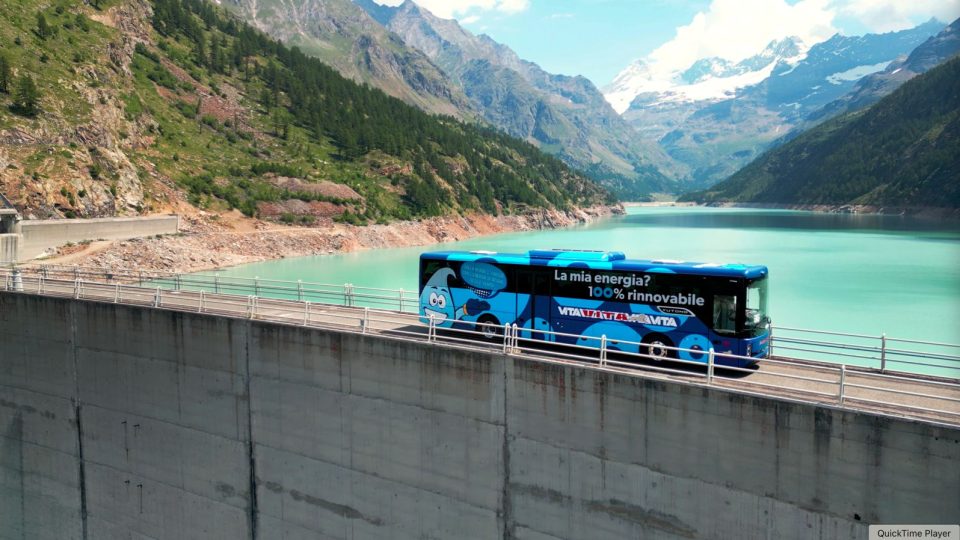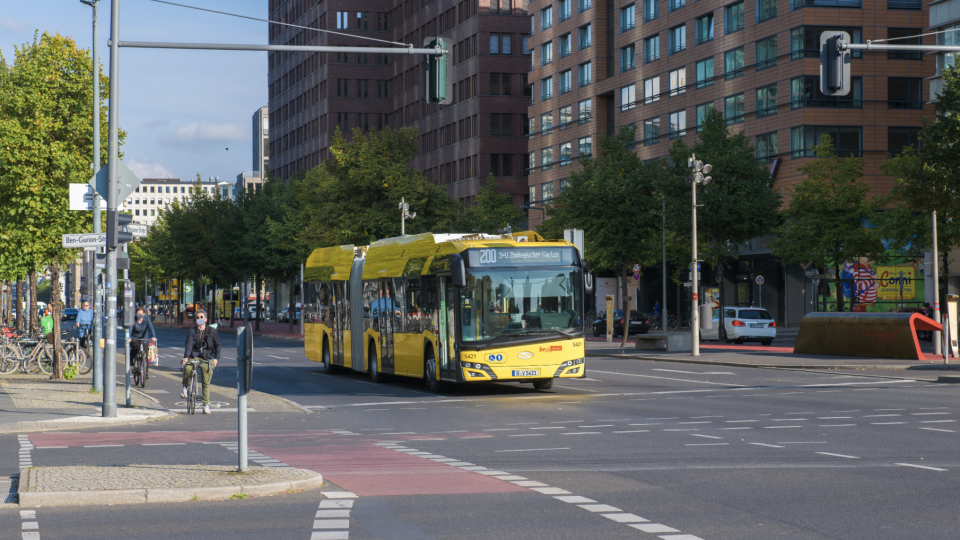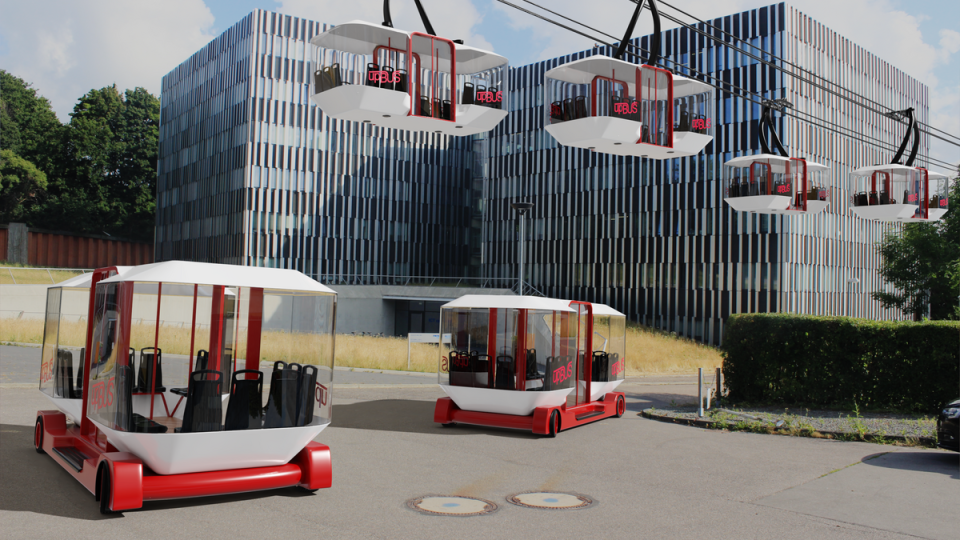VDL to open a new (and CO2 neutral) factory in Belgium
VDL Bus & Coach is taking the next step towards its ‘Aiming for Zero’ objective, focused on the topic of energy transition: a new factory will be built in Roeselare, Belgium, where buses (and mainly electric buses) will be manufactured in a CO2-neutral environment starting in late 2021. According to VDL, by 2025, three-quarters of […]
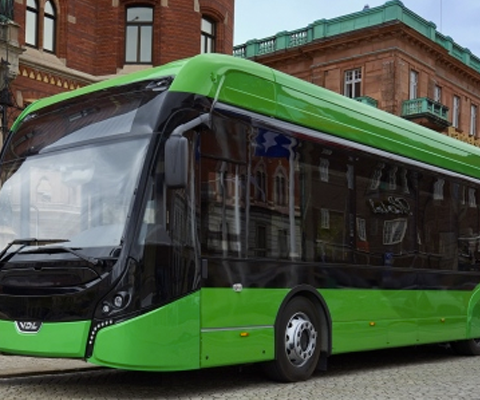
VDL Bus & Coach is taking the next step towards its ‘Aiming for Zero’ objective, focused on the topic of energy transition: a new factory will be built in Roeselare, Belgium, where buses (and mainly electric buses) will be manufactured in a CO2-neutral environment starting in late 2021.
According to VDL, by 2025, three-quarters of all public transport buses will be electric, and a growing number of city councils believe zero emissions should be the norm in the near future.
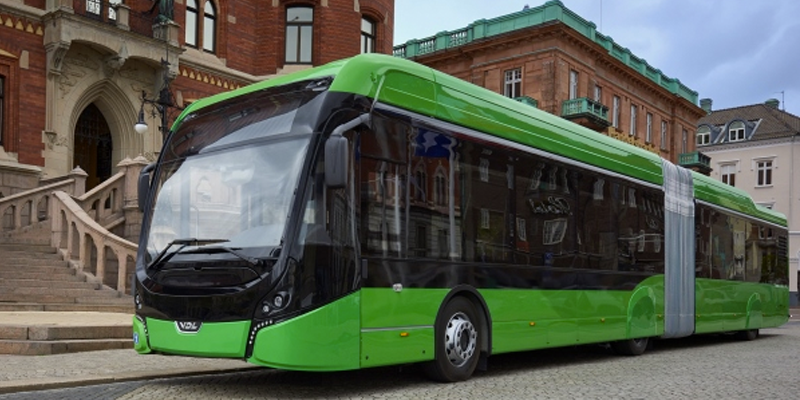
VDL, building buses in western Europe
While competitors are increasingly shifting their production to low-wage countries, VDL Bus & Coach deliberately chooses to continue to build buses in Western Europe, the company points out.
The factory will be built on an eight hectare site along the Roeselare ring road. The land was purchased already one year ago. The new factory will replace the current VDL factory in Roeselare. A number of zoning procedures must be completed before the planned groundbreaking in the spring of 2020, VDL points out.
VDL reinforcing ‘Aim for Zero’ ambition
With the relocation and modernization of its factory in Roeselare, VDL Bus & Coach has reinforced its ‘Aiming for Zero’ ambition. “We want to remain at the forefront of e-mobility in Europe,” said VDL Bus & Coach CEO Henk Coppens. “The knowledge and expertise we have gained since the first electric bus was launched in 2015 will be further expanded. The call for zero emissions is growing everywhere. Working with our partners and customers, we tirelessly pursue the development o2f sustainable, innovative solutions that make this possible. The new factory in Roeselare will be our centre for e-mobility, enabling us to respond even better to the needs and demands of the market.”




